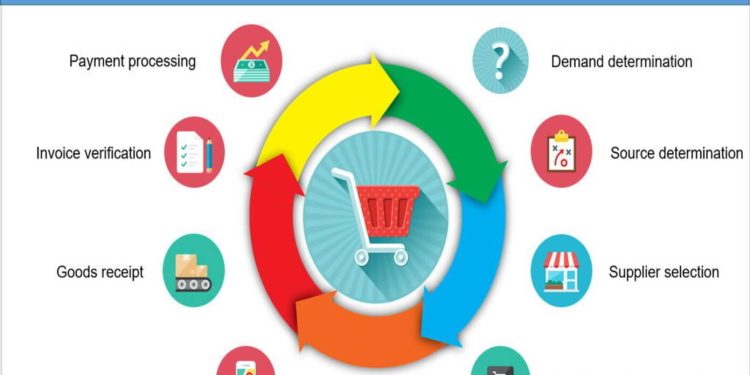The operations of manufacturing and logistics teams are facing challenges as industries are expanding their presence across the world, and the economy is becoming extremely globalized these days. The delayed shipments, unproductive plants, and unreliable dealers will undoubtedly increase the cost of supply chain management.
Some of the possible challenges faced by supply chain management team are:
- Unforeseen delays in the shipment
- Managing the instability in the demand
- Reduced visibility of supply chain and logistic processes
- Constant fluctuations of cost in the supply chain
- Complexity due to multiple channels and many more
The increased utilization of analytics will overcome these supply chain challenges faced by executives. Therefore, organizations are planning to invest more in analytical tools as the majority of its outcome will help you smoothen the supply chain process.
Some of the supply chain analytics solution to the challenges are given below:
Optimized Sourcing and Logistics Procedures
Profit margins are generally low in the supply chain industry as costs creep up throughout the network. These costs come from several areas, such as the rising price of fuel, commodity, raw materials, labors, and storage charges. Lack of accountability of these areas will result in increased operational expenses.
However, with analytics-driven supply chain activities, businesses can control these costs effectively. Analytical tools advance the visibility of the supply chain management to the module cost of goods. Besides, with comprehensive information, the supply chain executives can reduce the material purchases by following well-designed strategies.
Through analytics-driven intelligence such as load preparation, route optimization, and the resolution of shipping cost, businesses can gain strong ROI.
Predictive Modelling To Manage Critical Process
Predictive analytics will soon become mainstream in supply chain and after-sales service. The ability of predictive modeling to forecast future activities allow real-time decision making and enhance the performance of supply chain management.
A Fortune 100 fertilizer manufacturing company utilizes predictive modeling to control critical process parameters, such that the produced compost meets the quality standard. The result was –
- In 98.4% of instances, the prediction accuracy of water-soluble fertilizer was more than 95%.
- For other nutrient products, the prediction accuracy was above 95% in 99.9% of instances.
This precise information made the clients experience multi-million-dollar savings in fine-tuning their existing manufacturing process.
Smarter Logistics to Enhance Visibility
The growth opportunities of supply chain businesses, including manufacturing, supplying, and distribution units, are becoming strong. However, the growing need to develop the products that suit the demands of modern customers has created a complex regional supply chain that requires close attention.
By improving the basics of reporting and standard metrics, businesses can utilize the data for performance up-gradation and gain supreme visibility of the entire supply chain process. The advanced analytics-driven metrics can quickly track all the critical events and KPI’s in real-time. And, when this result is combined with predictive analytics, the supply chain executives can obtain valuable savings in several segments, including shipping optimization.
Reduced Volatility through Inventory Management
The increased product variance to improve the customer relationship has enhanced the instability, both ominously and perpetually, making demand and inventory management a crucial task for industries. Some of the segments, such as automotive, and retail entails real-time forecasts to reap profit at the market. Supply chain analytics tools can be used in these businesses to accurately predict the demand and thereby plan the inventory flow of consumer goods.
This planned inventory flow of goods allows customer-centric firms to:
- Execute a simulation on best-fit solutions
- Leverage old data to optimize future services
- Program circumstantial exception handling signals
- Augment all the supply chain investment decisions
- Improve supply chain performance and quality controls
Wrapping Up
Stay ahead of your supply chain challenges with analytics, which provides more than just constant visibility or reduced volatility. The analytics-driven supply chain, therefore, plays a crucial role in improving the supply chain management process.







